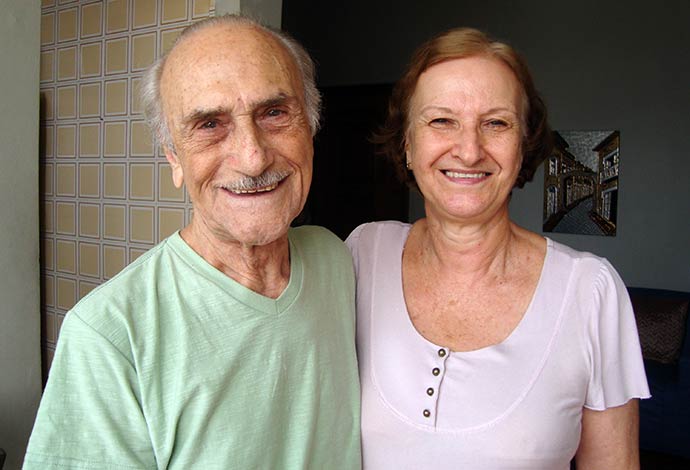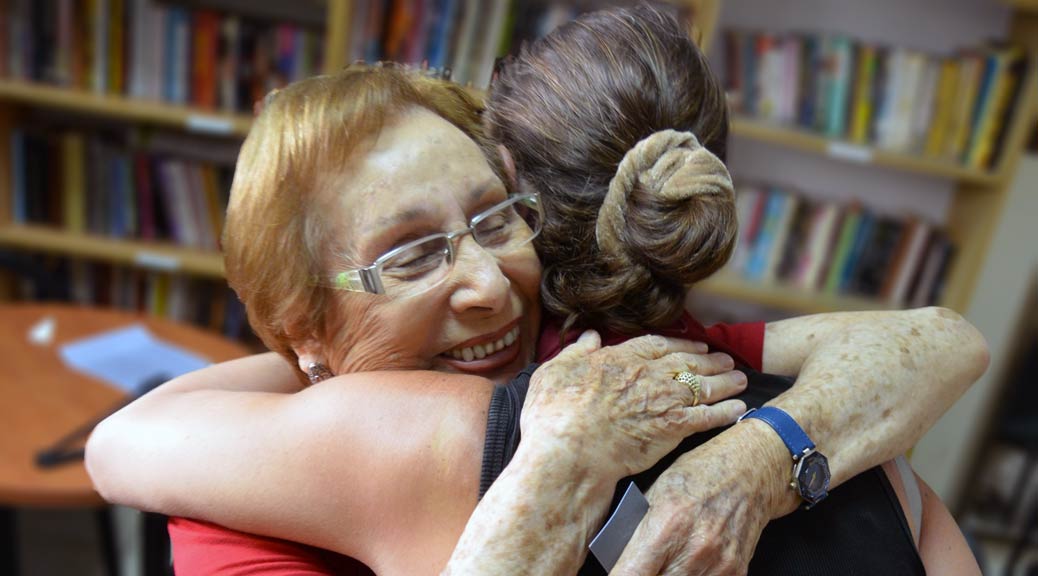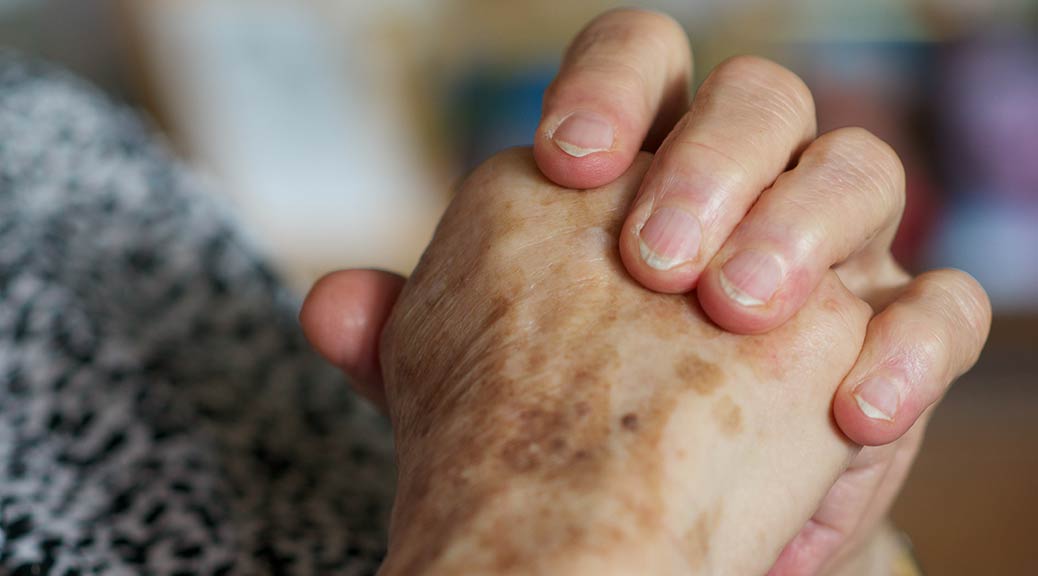Life Beyond Despair
Exploring Holocaust Survivors’ Successful Coping and Adaption By Michelle Fishman “That which does not kill us makes us stronger.” ―Friedrich Nietzsche On May 8, 1945, Germany faced its unconditional surrender to Allied forces. With that, ...
Read the full articlePreparing for the Care of the Aging Child Survivor…
By Dr. Robert Krell Adult survivors of the Holocaust, age 17 years or older at the time of liberation, experience postwar life differently from those who were under age 16. The ...
Read the full article“Food & Love” – On the Role of th…
by Naomi Shacham, MSW “And I was hungry For food And for love I was hungry To feel what it is like to belong to someone I was hungry” (Wilhelmina, 2004) The poem above, written by an aging ...
Read the full articleRipples of Trauma and Resilience: Partner Relation…
By Eli Somer*1 and Moshe Nizri1 Many researchers assume that the continuing influences of the Holocaust on its survivors are long-term, and hypothesize that its stamp is also present in the ...
Read the full articleCaring for Holocaust Survivors With Sensitivity at…
When providing services to Holocaust survivors, it is important that we are particularly mindful of our words and actions, especially because we may be the last generation of caregivers and ...
Read the full article





